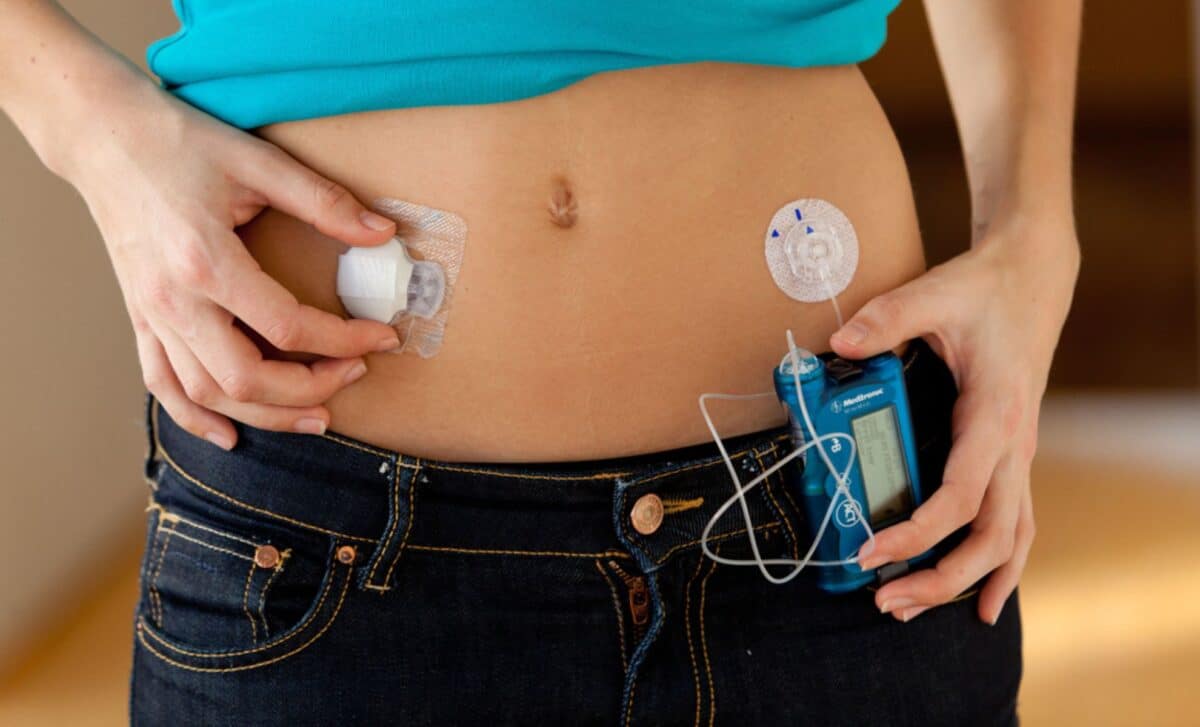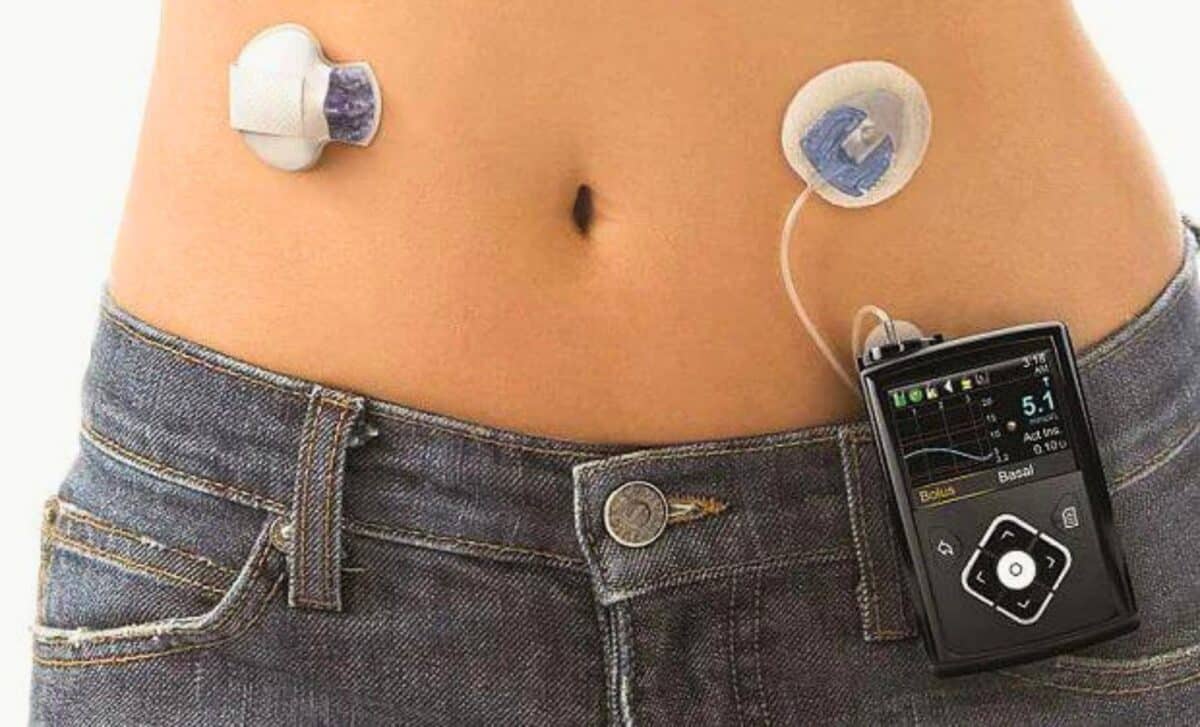The National Health Service (NHS) in England is laying the foundations for a major leap forward in diabetes care by introducing an artificial pancreas for people with type 1 diabetes. It is set to transform existing diabetes management practices by providing a simpler and more effective approach to blood glucose monitoring and insulin modulation.
An experimental project on this technology has been successfully carried out by the NHS, in which 835 adults and children with type 1 diabetes received an artificial pancreas to manage their disease.
Among the beneficiaries is Les Watson, 64, from West Devon, who has suffered from type 1 diabetes on and off for almost 44 years. He uses his mobile phone alongside an insulin pump and monitoring patch on his arm to control his blood sugar levels.
“The biggest benefit I can say is that the mental burden of managing type 1 diabetes with systems like this is dramatically reduced. I can sleep at night,” declared Les Watson.
What is an Artificial Pancreas?
Also known as a closed-loop hybrid system, the Artificial Pancreas is a sophisticated device made up of three key components:
- A Blood Glucose Monitor
- An Insulin Pump
- A Mobile Software Application
These components operate in unison to continuously monitor blood sugar levels and automatically adjust insulin delivery via the insulin pump.
Thanks to this device, the need for traditional methods such as finger prick blood tests or manual insulin injections is no longer necessary, making diabetes management less invasive and easier to manage.
By using this technology, the NHS expects to prevent life-threatening incidents linked to dangerously low or high blood sugar levels, such as seizures, comas and even death.
“This transformative technology has the power to redefine the lives of those with Type 1 diabetes, promising better clinical outcomes and quality of life.” said Dr. Clare Hambling, National Clinical Director for Diabetes.
Type 1 Diabetes in England
There are currently over 269,000 people living with type 1 diabetes in England. Costing the NHS a staggering £10 billion a year, it accounts for 10% of its total budget. The artificial pancreas is expected to significantly reduce these costs.
A process has already been initiated by the NHS to identify individuals with type 1 diabetes who could be candidates for an artificial pancreas. £2.5 million of initial funding has been allocated to the project.
One of the leading diabetes charities, Diabetes UK, is delighted with the introduction of the artificial pancreas. They pledged to work alongside the NHS and other organisations to ensure a fair and speedy deployment of the technology for those who need it.
“This is a historic moment and we will work with the NHS and other organisations to ensure a fair roll-out that reaches people as quickly as possible. – Colette Marshall, Chief Executive of Diabetes UK
It is important to note, however, that although the artificial pancreas offers many advantages, it should not be forgotten that type 1 diabetes is a diagnosis that can easily go undetected. Anyone experiencing symptoms such as increased urination, thirst, fatigue, weight loss or high or low blood sugar levels should consult a doctor as soon as possible.










